All Stories
-
 Life
LifeThere’s a genetic explanation for why warmer nests turn turtles female
Scientists have found a temperature-responsive gene that controls young turtles’ sex fate.
-
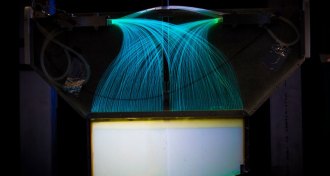 Physics
PhysicsDespite a new measurement, the neutron’s lifetime is still puzzling
Two techniques for gauging the subatomic particle’s longevity disagree.
-
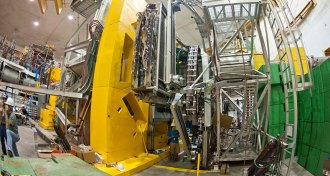 Particle Physics
Particle PhysicsThe proton’s weak side is just as feeble as physicists thought
Scientists make the most precise measurement yet of the proton’s weak charge and find it agrees with predictions.
-
 Artificial Intelligence
Artificial IntelligenceThis AI uses the same kind of brain wiring as mammals to navigate
This AI creates mental maps of its environment much like mammals do.
-
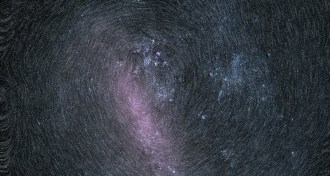 Astronomy
AstronomyGaia delivers a trove of data revealing secrets of the Milky Way
Astronomers are already using Gaia’s new information to estimate the galaxy’s mass, the diameter of exoplanets and more.
-
 Earth
EarthHow long will Kilauea’s eruption last?
A volcanologist with the U.S. Geological Survey answers burning questions about the ongoing Kilauea eruption.
-
 Health & Medicine
Health & MedicineIs it an invasion of your kids’ privacy to post pictures of them on social media?
Growing up in an online world doesn’t mean that kids don’t care about privacy. Parents should keep this in mind when posting pictures of their kids to social media.
-
 Math
MathReal numbers don’t cut it in the real world, this physicist argues
Physicist Nicolas Gisin argues that real numbers don’t properly represent the natural world, which is a good thing for free will.
-
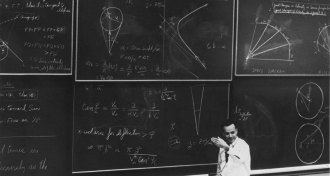 Science & Society
Science & SocietyA celebration of curiosity for Feynman’s 100th birthday
Richard Feynman, born a century ago, was a curious character in every sense of the word.
-
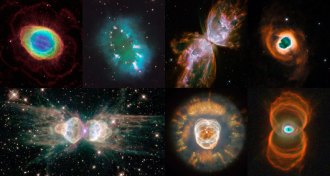 Astronomy
AstronomyNew ideas about how stars die help solve a decades-old mystery
New ideas about stellar evolution help explain why astronomers see so many bright planetary nebulae where they ought not be.
-
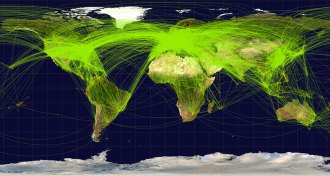 Climate
ClimateGlobetrotting tourists are leaving a giant carbon footprint on the Earth
Globetrotters are responsible for about 8 percent of the world’s greenhouse gas emissions.
-
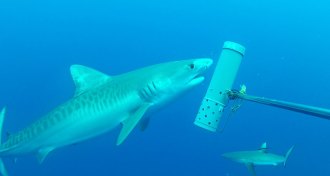 Animals
AnimalsHere’s how to use DNA to find elusive sharks
Hard-to-find sharks that divers and cameras miss appear in genetic traces in the ocean.
By Susan Milius